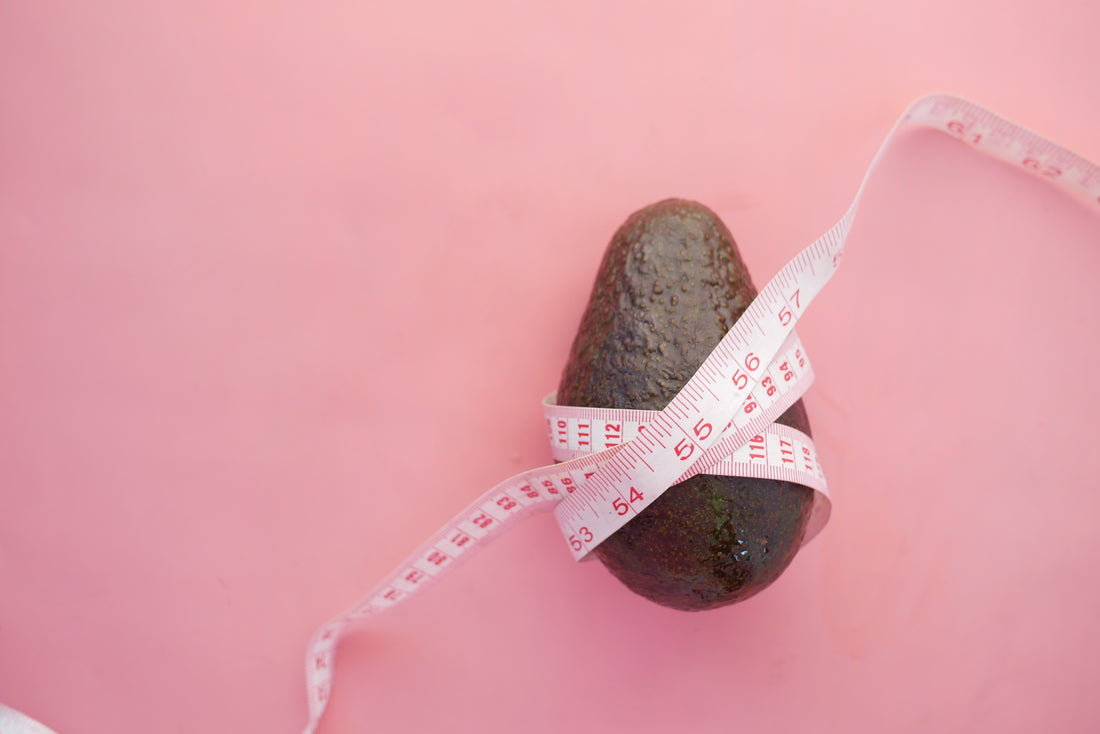The excitement of starting your weight loss journey can often be mixed with nervousness, creating a whirlpool of emotions that can be as overwhelming as they are motivating.
In the digital era, we find ourselves swimming in an ocean of information, where waves of advice on diets and quick fixes constantly crash over us, making it challenging to keep our heads above water and our goals in clear sight.
This journey, however, need not be a solo venture into the deep abyss of trial and error. Instead, it can be a well-navigated path toward transformation, guided by the North Star of scientific evidence and the compass of sustainability.
Our focus here is not on the diet of the week or the trend of the day, but on how to plan a weight loss journey based on principles that can withstand lifestyle changes. So, gather your resolve, set your intentions, and join us as we embark on this discussion of health, mindfulness, and genuine, lasting transformation.
Laying the Groundwork: Understanding Your 'Why'
The Power of Motivation
How to maintain consistency in weight loss becomes a personal, central reason — whether it's improving overall health, increasing longevity, enhancing daily energy levels, or boosting self-confidence — will be the driving force that keeps you committed.
Your motivation is more than just a superficial desire; it's an internal commitment that requires honest reflection. When challenges arise, it's this foundational 'why' that will keep you grounded, helping you push through moments of weakness or temptation.
Setting Realistic Goals
Goal setting is a strategic component of weight loss that requires careful consideration. It's important to create achievable, specific, and time-bound objectives to maintain progress and motivation.
Short-term goals act as immediate, manageable tasks that you can accomplish within a few weeks or months. These might include making dietary changes, establishing a workout routine for certain days of the week, or achieving a full eight hours of sleep every night. Meeting these short-term goals helps build momentum and fosters a sense of achievement.
Long-term goals, while set for a more distant future, give you a broader target to aim for, offering a clear picture of the weight loss and health status you're working toward.
These goals should also be realistic, aligning with your lifestyle, daily responsibilities, and physical capabilities to avoid any discouragement that might come from setting the bar too high. They should also be flexible, allowing for adjustments as you learn more about your body's response to different interventions.
Assessing Your Current Habits
As you embark on your weight loss journey, it’s essential to start with a clear understanding of your current habits. This isn’t about self-judgement or criticism; it’s about objectivity and clarity, providing a realistic baseline from which you can measure all future progress.
From what you eat to how much you move, to even the quality of your sleep, all these factors interplay significantly in your body’s ability to lose weight effectively and sustainably.
Audit Your Diet
One of the first steps in this introspective journey is conducting a dietary audit. This process involves keeping a detailed food diary over a certain period, recording everything you consume. By doing so, you’ll uncover patterns in your eating habits, pinpoint any recurrent cravings, identify foods that don’t satisfy your hunger, and even notice if emotions are triggering your food intake.
The goal here is to identify areas where changes can be most impactful. Are you consuming high-calorie foods with low nutritional value too often? Are your portion sizes larger than necessary? Are vegetables and whole foods a significant part of your daily intake? Does the Cookie Diet work for you?
Understanding these aspects will guide your nutritional strategy, ensuring it’s tailored to your needs, leading to more sustainable, long-term weight management.
Physical Activity Overview
Physical activity is a cornerstone of healthy weight loss, but before jumping into a new exercise regimen, assess your current activity level. What does your day-to-day exercise look like? Do you lead a sedentary lifestyle, or are you moderately active? How often do you engage in physical activities that you enjoy?
Understanding your starting point helps in setting realistic exercise goals and incorporating physical activities that you’re more likely to enjoy and maintain. It also helps in preventing burnout or injury that can come from taking on too much, too quickly. Remember, the objective is to increase your physical activity sustainably, not to train for a marathon overnight (unless that’s your specific goal!)
Mental and Emotional Health
Often overlooked in weight loss plans, mental and emotional health are just as crucial as diet and exercise. Stress and sleep quality directly impact your body’s hormonal balance, which in turn affects your ability to lose weight. Chronic stress, for instance, can lead to elevated cortisol levels, making weight loss more challenging.
It’s important to assess your current stress levels, sleep patterns, and general emotional well-being. Are you frequently stressed? Do you get quality sleep? Are there emotional triggers that lead to unhealthy eating habits? Recognising these patterns will help you understand how your mental health intersects with your physical health.
Your weight loss plan can also include strategies like mindfulness, adequate sleep, and stress management techniques, catering to your emotional and mental well-being alongside your physical health.
No matter how you choose to spin it, a complete range of positive habits is how you will eventually find the balance when deciding to start your weight loss journey. And when you find your right set of goals, try out the Cookie Diet to see how you fare.
Where to Buy Cookie Diet in Australia
You can place your order for some of our delicious cookies on the website today. If you’d like to know more about it, feel free to get in touch with us now.

 Flat Rate Shipping AUS
Flat Rate Shipping AUS 1500+ Five Star Reviews
1500+ Five Star Reviews Pay with Afterpay
Pay with Afterpay Freshly Baked in Australia
Freshly Baked in Australia